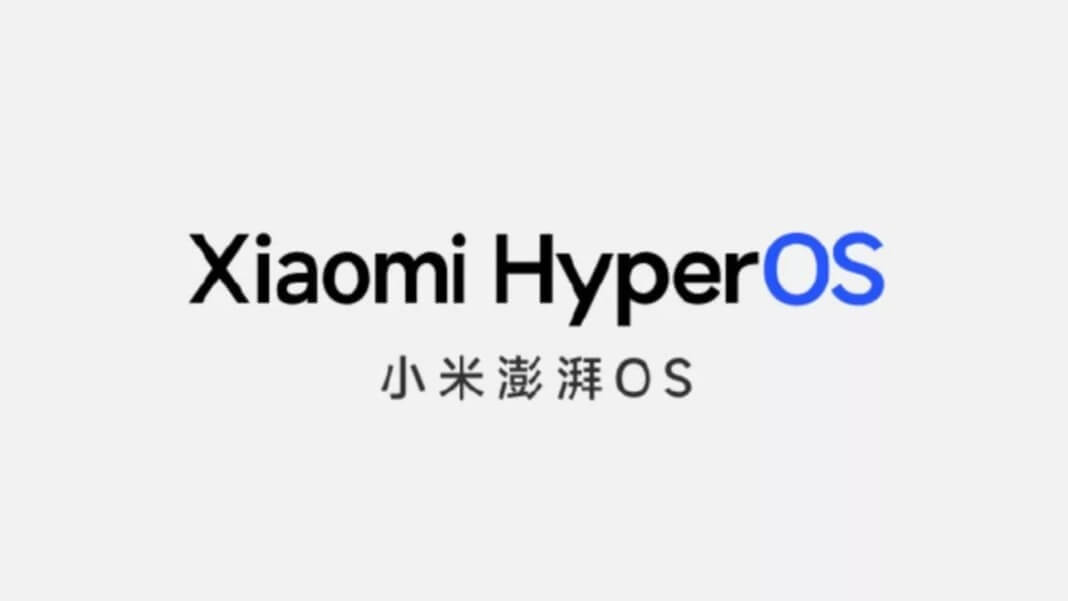Xiaomi has bid farewell to its long-standing MIUI interface, making room for the fresh and revamped Xiaomi HyperOS. This transformation marks a significant phase in Xiaomi’s journey, promising an improved user experience on its upcoming Xiaomi 14 series smartphones.
Xiaomi’s leap towards a robust ecosystem
In an official announcement, Xiaomi revealed the retirement of MIUI to introduce the new Xiaomi HyperOS. Much like MIUI, HyperOS is an Android-based overlay for Xiaomi mobiles, with its first appearance set on the Xiaomi 14 series smartphones. Lei Jun, the CEO of Xiaomi, shared the news through his Weibo social media channel.
In a brief statement, Lei Jun marked the day as a historical moment for Xiaomi, as the new operating system, Xiaomi HyperOS, had been officially packaged. He informed that the Xiaomi 14 series, being the first phones equipped with the new system, had been dispatched to the factory, marking the official commencement of production. He further added, “From this moment on, Xiaomi HyperOS will gradually succeed MIUI.”

In a more detailed post, Lei Jun described the new operating system as a “leapfrog upgrade”. He underscored Xiaomi’s expansive smart device ecosystem encompassing 200 categories beyond its handsets. He expressed that transitioning to a new operating system was crucial to ensure a seamless Android system integration with the burgeoning Internet of Everything (IoE) base of products. This move aims at meeting the demands of billions of devices and a billion Xiaomi users worldwide.
Reflecting on MIUI’s 13-year journey
Xiaomi also reminisced about the 13-year journey of MIUI since its inception on August 16, 2010. The company conveyed its openness to suggestions for HyperOS to effectively take the baton from MIUI, aspiring for a truly interoperable operating system.
While MIUI had its set of quirks with inconsistent fonts, menus, and oddly categorised settings, it served millions of users for over a decade. Xiaomi now looks forward to a new chapter with HyperOS, anticipating a more user-friendly and integrated ecosystem.
As reported by Android Authority, this move is a significant step towards enhancing user experience and integrating a vast array of smart devices under a unified platform.





